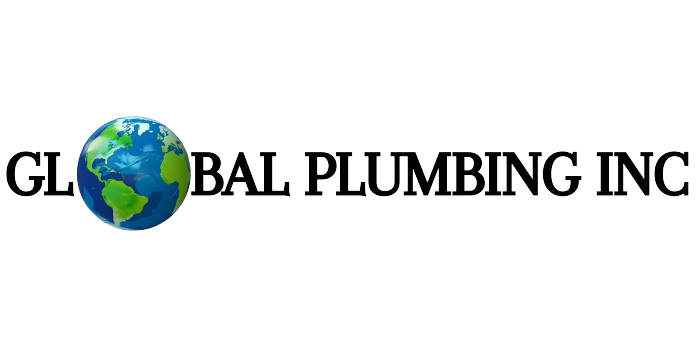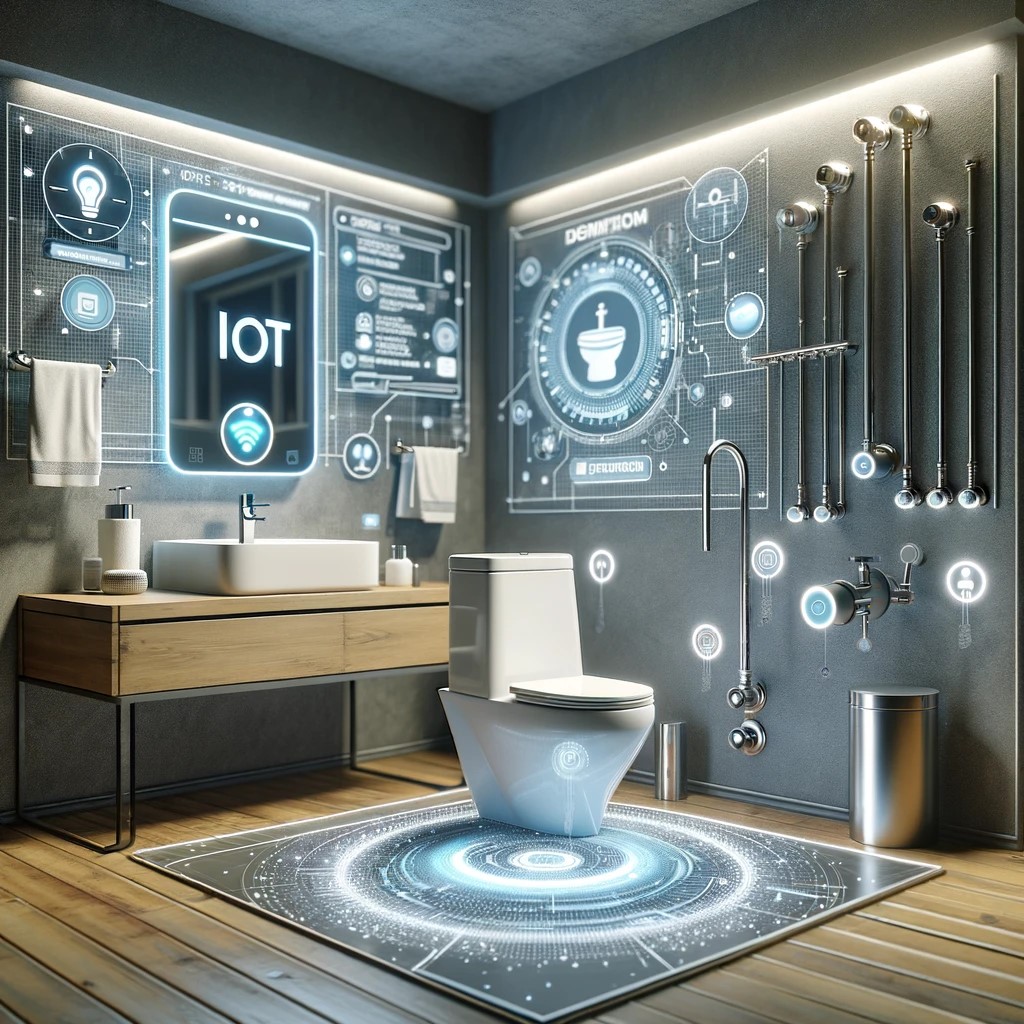How IoT is Revolutionizing Plumbing in Canada
In every Canadian household, plumbing issues such as leaks, burst pipes, and inefficient water use are common nuisances. However, with the integration of smart technologies, particularly the Internet of Things (IoT), we’re on the brink of a revolution that promises not only to resolve these issues but also to transform how we manage water in our homes.
Understanding IoT in Plumbing
What is IoT? In simple terms, the Internet of Things refers to a network of physical objects (“things”) embedded with sensors, software, and other technologies to connect and exchange data with other devices and systems over the internet. When applied to plumbing, IoT can include everything from smart water meters to systems that can autonomously monitor and manage water usage and quality.
Components of Smart Plumbing
The key components of smart plumbing involve:
- Sensors: Deployed throughout a plumbing system to monitor conditions like flow, pressure, and temperature.
- Smart Meters: These devices track water usage in real-time, allowing for precise billing and water management.
- Automated Systems: For instance, systems that can shut off water supply when a leak is detected, potentially saving thousands of liters of water and significant repair costs.
Current State of Smart Plumbing in Canada
Smart home technology adoption is gradually increasing across Canada, with various enterprises investing in innovative plumbing solutions. Companies like Eddy Solutions, based in Toronto, are at the forefront, offering smart water monitoring and leak protection systems designed for both residential and commercial properties.
Benefits of IoT-Enhanced Plumbing
Efficiency and Water Conservation
One of the most significant benefits of smart plumbing is its ability to enhance water efficiency. Leak detection sensors can identify even the smallest leaks early, preventing them from causing major issues. Automated systems can also adjust water flow based on real-time data, ensuring that water usage is optimized without waste.
Convenience
Smart plumbing systems allow homeowners to monitor and control their water systems via smartphone apps. This not only adds a layer of convenience but also ensures that homeowners can react quickly to any changes in their system, whether they’re at home or away.
Preventive Maintenance
Through predictive analytics, IoT devices can forecast potential plumbing failures before they occur. This capability can save homeowners substantial amounts in potential repair bills and lost time dealing with emergencies.
Challenges and Considerations
Privacy and Security
With the benefits also come challenges, particularly in terms of privacy and security. Smart plumbing systems, like all connected devices, generate data that could potentially be vulnerable to hacking. Users must ensure that robust security measures are in place to protect their personal information.
Cost
The initial setup cost for smart plumbing systems can be high, though it’s important to consider the long-term savings in water and maintenance costs. These systems can also increase property value, representing a sound investment in the real estate market.
Compatibility
Integrating advanced IoT systems with existing plumbing can be a challenge, particularly in older homes where the plumbing infrastructure may need significant upgrades to support new technologies.
Future Trends and Predictions
Looking forward, the smart plumbing industry is set to grow with technological advancements. Innovations such as AI-driven diagnostics and even more sophisticated sensor systems could further transform the industry. Regulatory bodies might also step in to set standards and regulations to ensure the safety and efficacy of these technologies.
Furthermore, as environmental concerns continue to be a priority, smart plumbing could play a crucial role in promoting sustainability. By reducing water waste and optimizing usage, these systems can help conserve water resources, which is increasingly critical in the context of global climate change.
Conclusion
The integration of IoT into home plumbing systems represents a significant shift towards more efficient, convenient, and sustainable living. While there are challenges to overcome, particularly in terms of cost and data security, the benefits far outweigh these obstacles. For Canadian homeowners considering an upgrade, smart plumbing is not just a home improvement project; it’s a forward-thinking move towards a smarter, more sustainable future. Consider this your opportunity to contribute to a greener planet while enhancing the efficiency and functionality of your home. For a free consultation contact us here!

